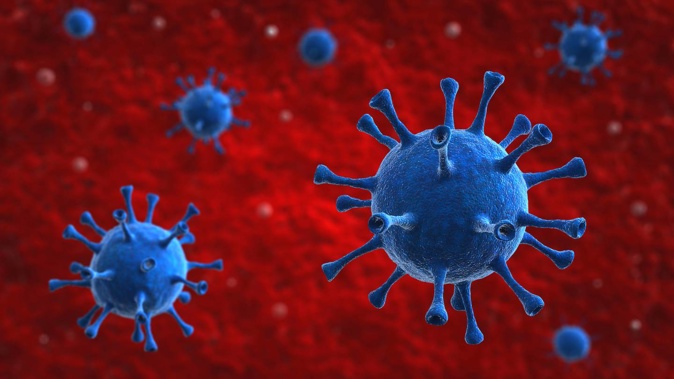
The World Health Organisation is monitoring a new Covid subvariant, which some experts fear could be more evasive and transmissible than its former Omicron variants.
Officially named BA.2.75, and nicknamed "centaurus", the subvariant has been reported in 10 countries so far, including Australia, Canada, Japan, New Zealand, Germany, the US and UK. The bulk of cases, however, have been found in India. As of yet, the WHO has not named it as a variant of concern.
While the analysis of the centaurus subvariant is still limited, initial research indicates it does contain a number of spike mutations which could make it more effective at "immune escape".
"Eight mutations beyond BA.5, many in the N-terminal domain, which could make immune escape worse than what we're seeing now," tweeted US physician Dr Eric Topol.
Topol also quoted molecular biologist Dr Ulrich Elling who said the US might "have to prepare" for the centaurus wave, adding that he didn't "like the observed mutations".
The number of mutations could also be cause for concern, with the potential for the subvariant to be more resistant to previous infection.
"The number of eight additional mutations in BA.2.75 is remarkable. Delta had eight in spike in total," tweeted Elling.
"Three mutations can make a huge difference (BA.5). Thus the 11 mutations distinct between BA.5 and BA.2.75 could allow for yet another wave as BA.5 immunity might not protect."
Despite this, WHO chief scientist Dr Soumya Swaminathan has urged that more research is needed before the virus' transmissibility and severity is fully understood.
"It's still too early to know if the subvariant has properties of additional immune invasion or indeed of being more clinically severe," she said.
"We don't know that, so we have to wait and see."
Speaking to the New Daily, Deakin University's chair of epidemiology Professor Catherine Bennett said that while this new subvariant would likely lead to more cases, a more important factor is if it leads to more deaths.
"So we're not seeing skyrocketing numbers. But it is a concern if it translates to an increase in deaths," she said.
This comes as WHO director-general Dr Tedros Adhanom Ghebreyesus reported Covid cases jumping by nearly 30 per cent globally in the past two weeks.
On Tuesday, NSW chief health officer Kerry Chant also warned of a "third Covid-19 Omicron wave", and predicted the onslaught of a "significant rise in cases" expected to peak in July or early August.
"I'm concerned about this picture and I am calling on the community to do a few things to protect yourself and each other," she said.
"Isolate if you're sick and get tested, wear a mask when indoors and around other people and know if antivirals are recommended from you."
In Australia, states and territories are recording roughly 33,000 new daily infections, with the Australian Technical Advisory Group on Immunisation updating its recommendations to allow fourth Covid vaccine doses to people aged 30 and over.
As it stands, the extra jab remains unavailable for healthy adults aged under 30, "as it was not clear whether the benefits outweighed the risks in this population group".
- by Jessica Wang, news.com.au
Take your Radio, Podcasts and Music with you









